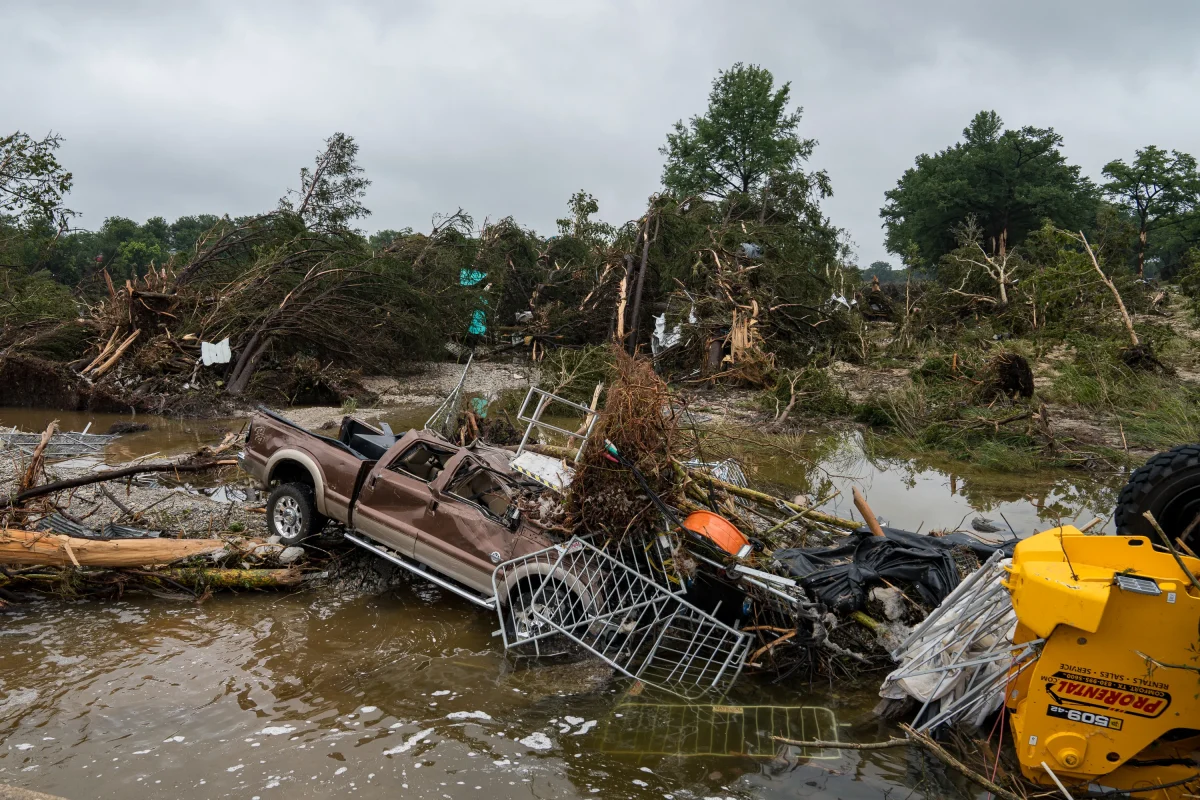Coughing fills the atmosphere. Cases of Pertussis (Whooping Cough) in the United States doubled in 2025 compared to 2024 due to less vaccinations.
According to Dartmouth Health, an academic medical center, Whooping Cough is a bacterial infection that infects the respiratory system. According to AP News, a nonprofit news cooperative, due to masks keeping bacteria away from the mouth and Covid 19, cases were down, but they now have increased since. So far in 2025, there have been about 8,485 cases of whooping cough.
Ericka Hayes, Senior Medical Director of Infection Prevention at Children’s Hospital of Philadelphia, said, “For newborns specifically, it’s extremely important that pregnant individuals get a whooping cough (TDaP) booster with every pregnancy. This allows their baby to be born with the lifesaving antibodies that protect them from whooping cough immediately.” According to the Children’s Hospital of Philadelphia, Whooping cough is much more deadly to infants as compared to older kids and adults because of the smaller windpipes they have due to being smaller.
Experts suggest that because cases of whooping cough, a vaccine preventable illness, are increasing, this may be indicative of changing attitudes towards vaccines. Ericka Hayes, said, “There’s unfortunately been increasing anti-vaccine sentiment in the United States”
According to the World Health Organization, a prominent organization in public health and safety, a vaccine is an injection that uses your body’s natural defenses to fight against infections by building a resistance. Vaccines are safe and side effects are usually minor except in some very rare cases where side effects can be serious.
In addition to vaccines, there are also other ways to help prevent whooping cough. According to the CDC, a leader in public health, good hygiene and antibiotics that prevent sickness can help prevent the whooping cough. These ways will not ensure safety, but are a good measure to take to minimize risk.
For further information on whooping cough, there are many organizations like the World Health Organization and the CDC, that have lots of information on the infection.





